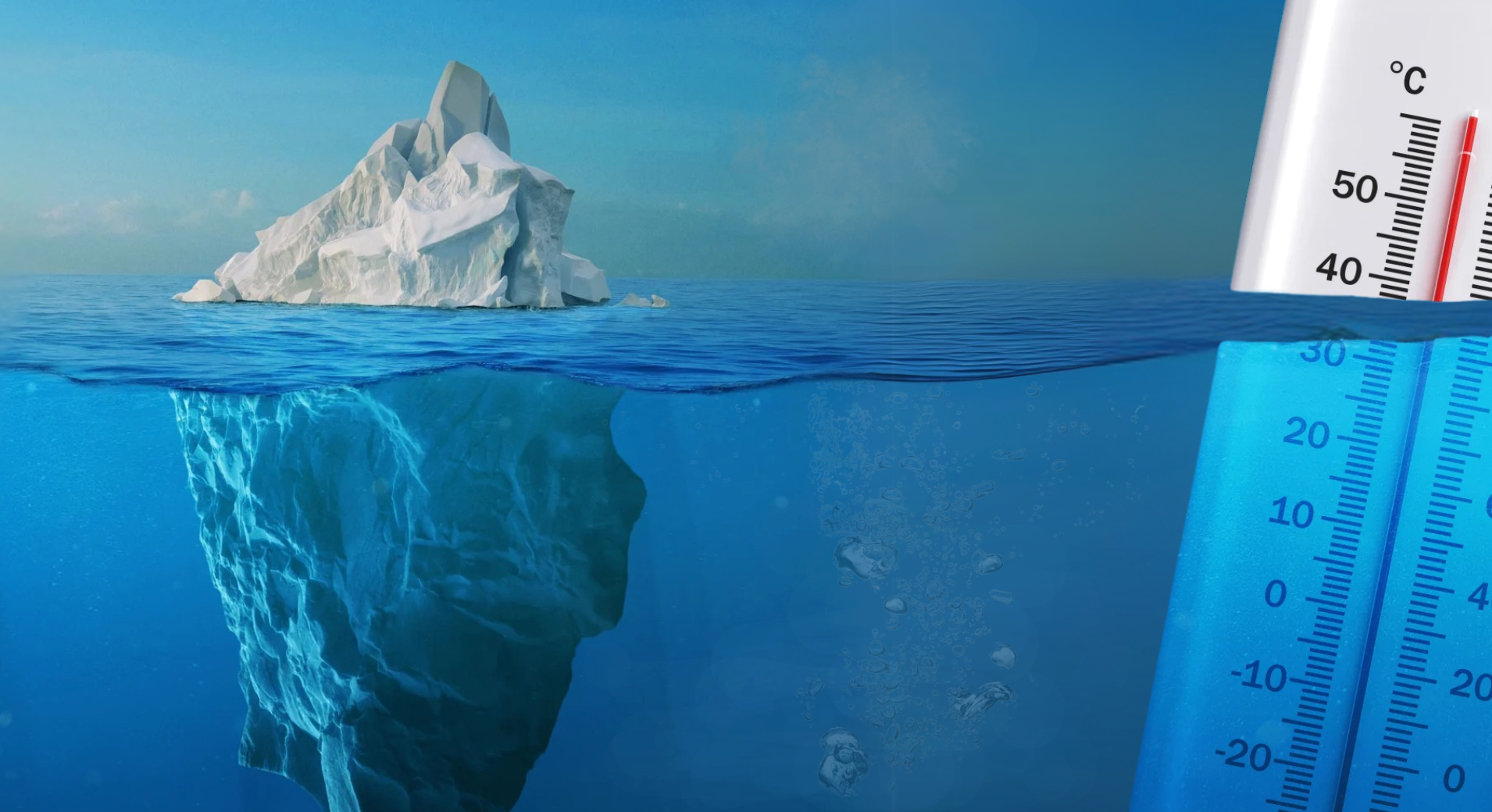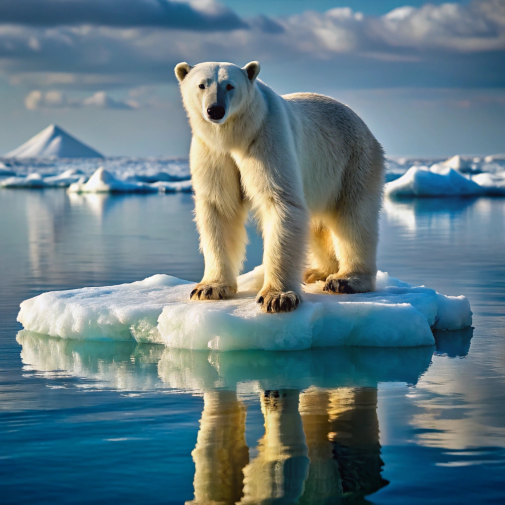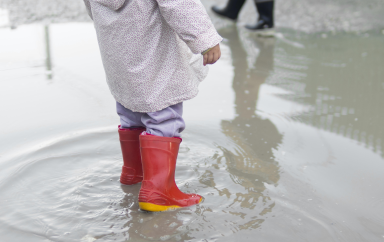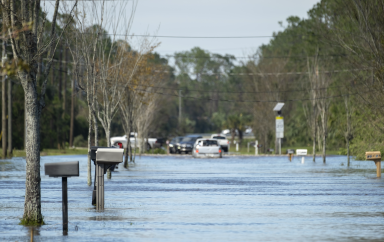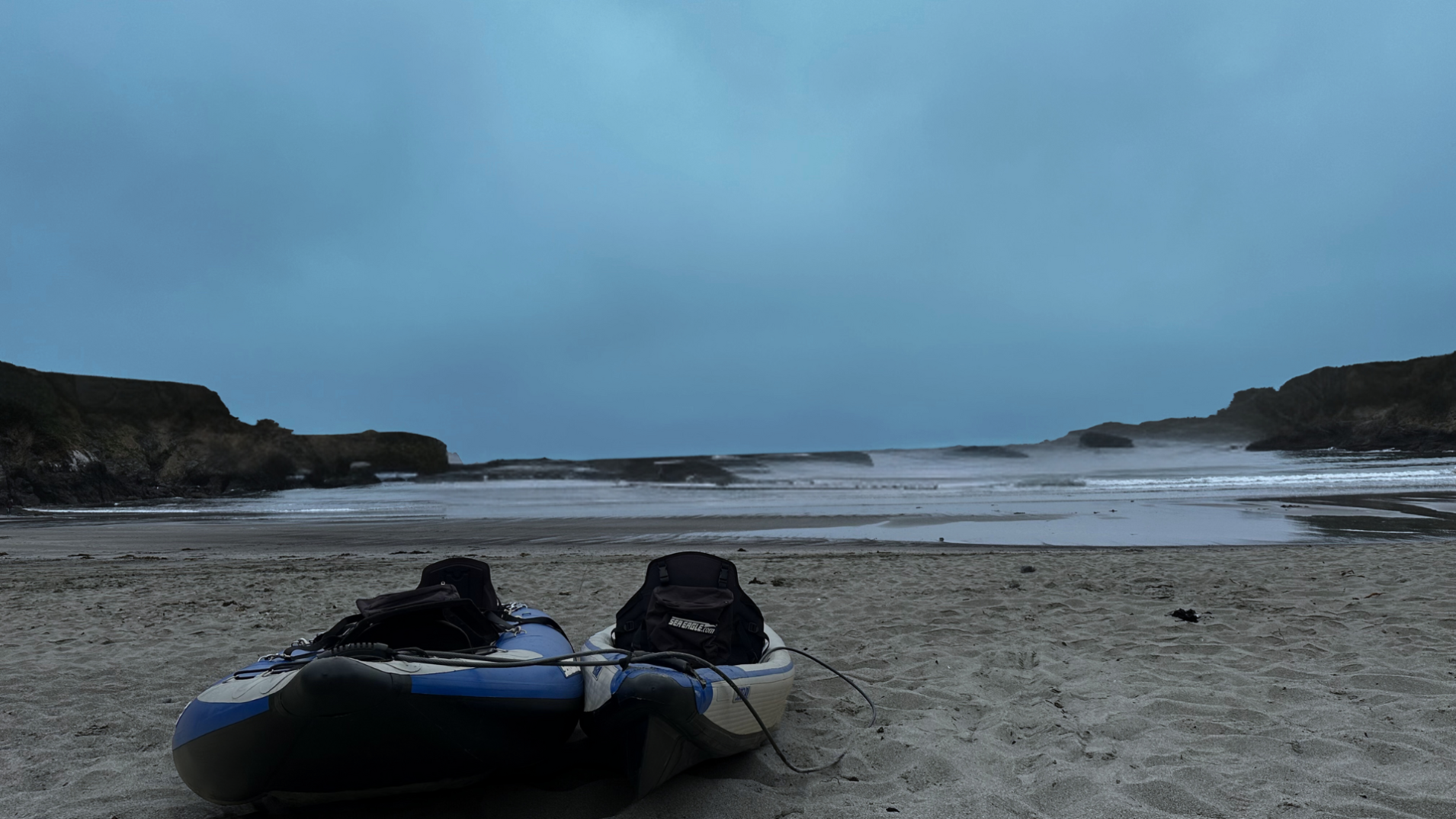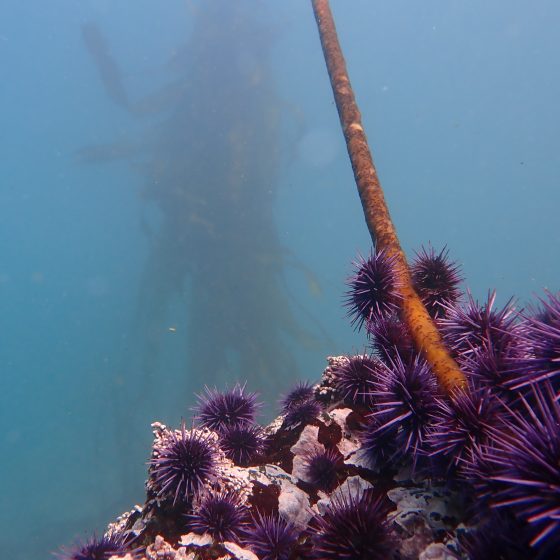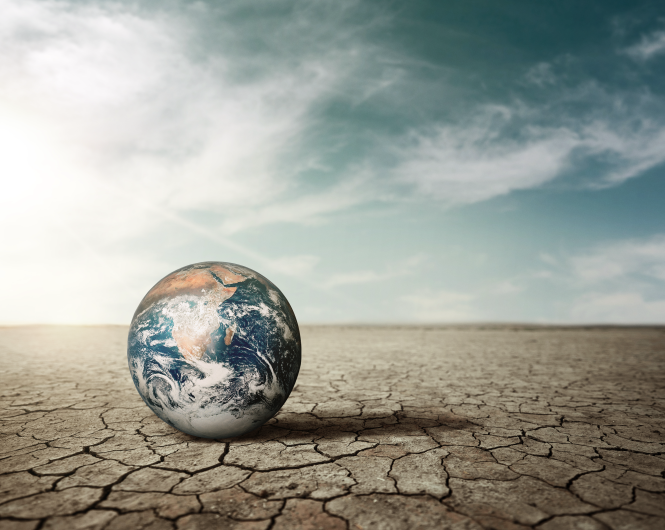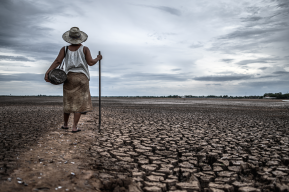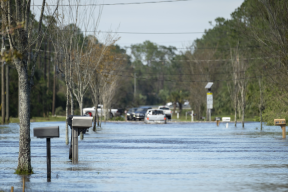Our work at Caspar Cove focuses on both restoration and education. We actively engage in community-led efforts to manage purple sea urchin populations through responsible harvesting and removal, helping to restore the balance of this fragile ecosystem. By facilitating hands-on volunteer opportunities, we empower local communities to take part in the restoration process, fostering a sense of ownership and stewardship for their coastal environments.
In addition to direct action, the Caspar Cove Project serves as an educational hub where we raise awareness about the impacts of climate change on marine ecosystems. Our goal is to inspire individuals and communities to become advocates for ocean conservation and to adopt sustainable practices that protect our oceans for future generations.
Through the Caspar Cove Project, Blue Harmony is dedicated to creating a resilient marine ecosystem that can withstand the challenges posed by climate change. Together with community members and partners, we are working toward a sustainable future where the beauty and biodiversity of our oceans can thrive.

